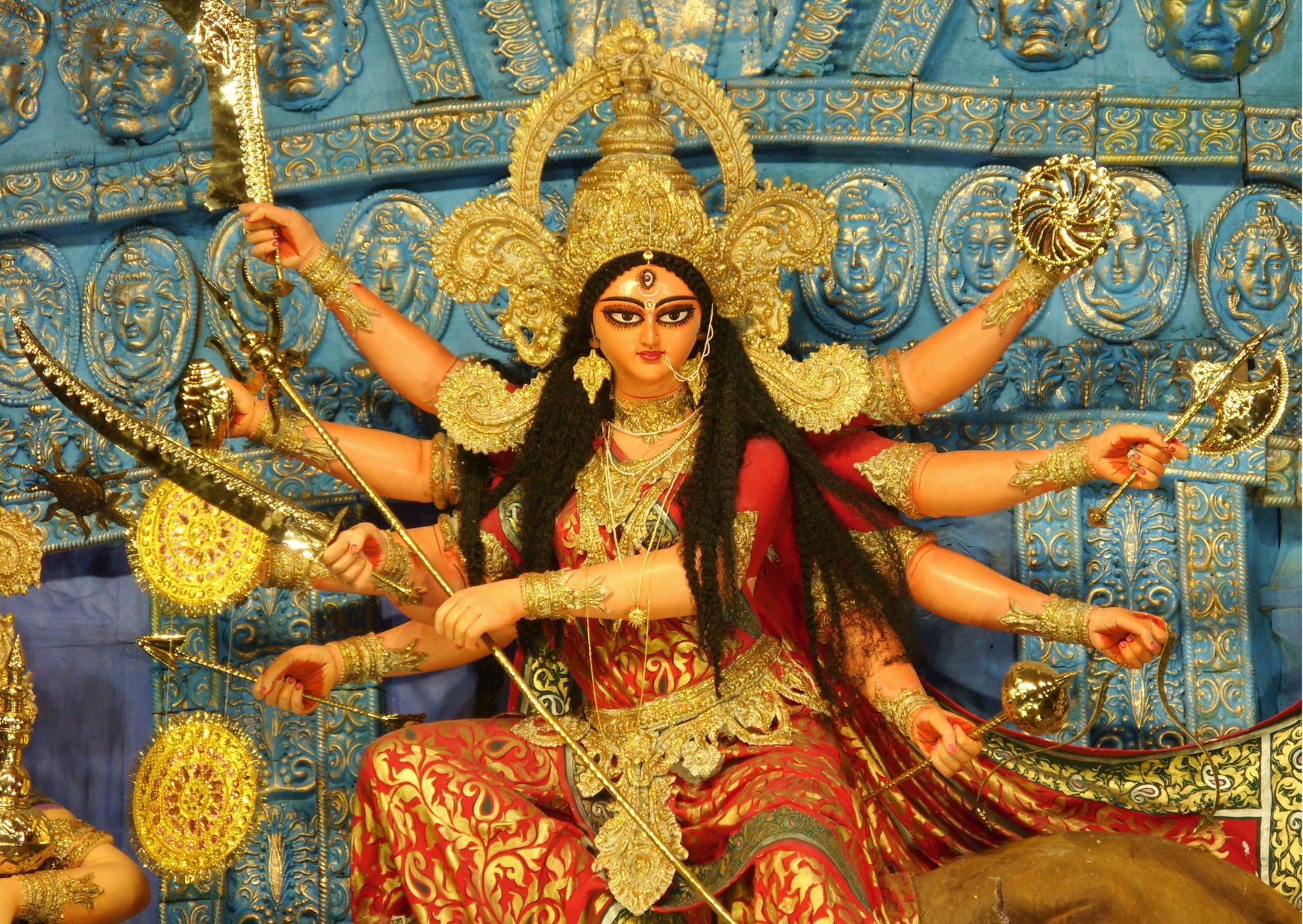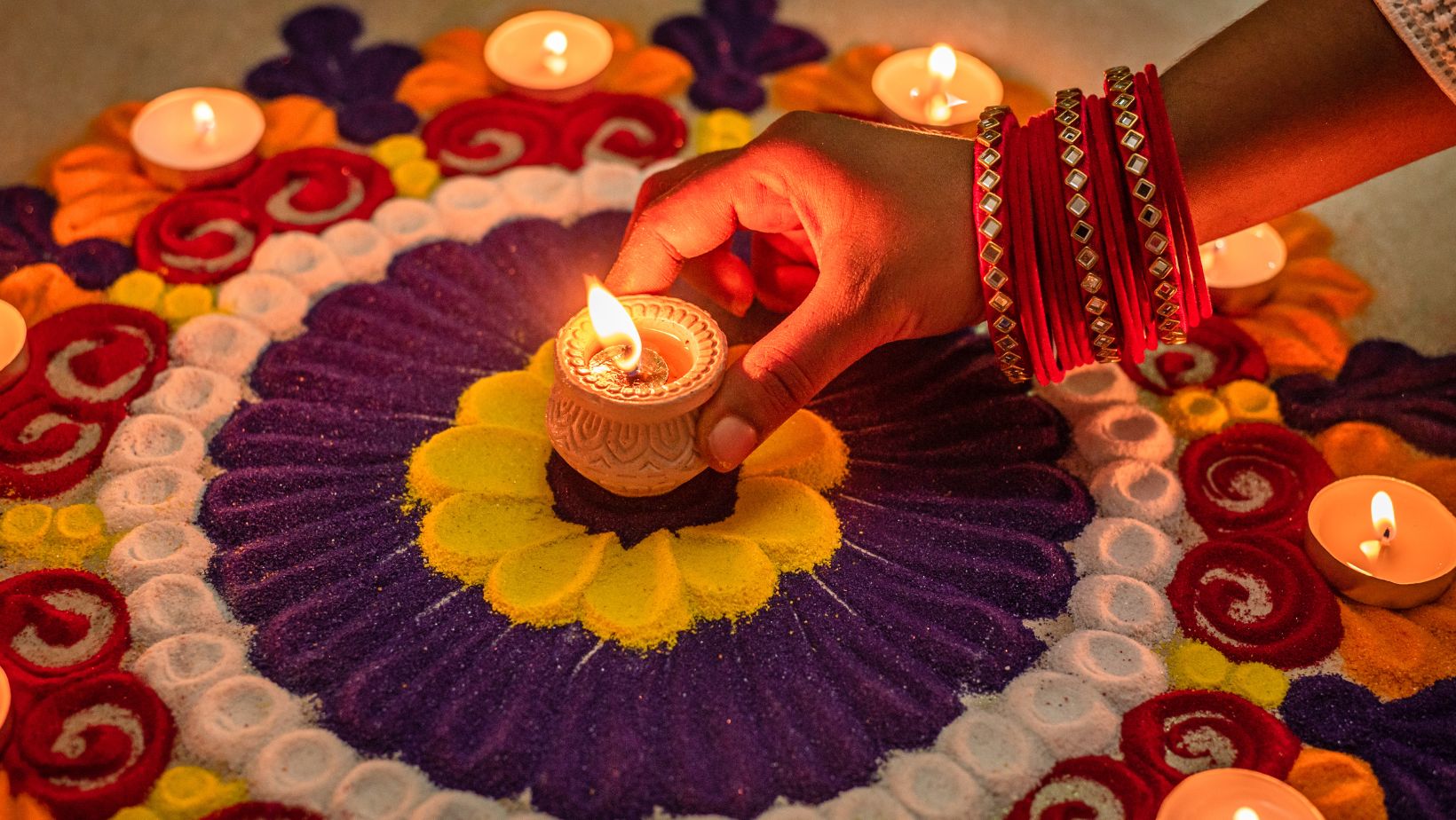Telling Time in Bengali!
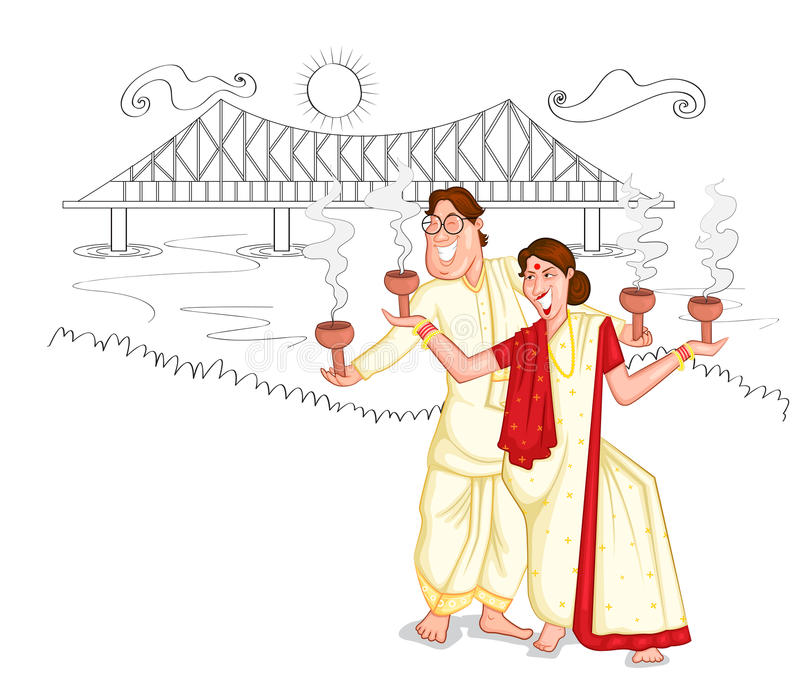
As the proverb goes ‘time and tide wait for none', following the proverb not only reminds us of the vitality of time and what’s the time however it also repeatedly warns us to be disciplined and punctual, to be organized and on time. While writing essays on ‘Importance of Time’, during our school time, often our teachers remind us that the one who does not care about time is likewise undervalued by time as well. Of course, admiration of time notifies self-admiration. He who has patience during tough times is sure to be welcomed by beautiful times in his life.
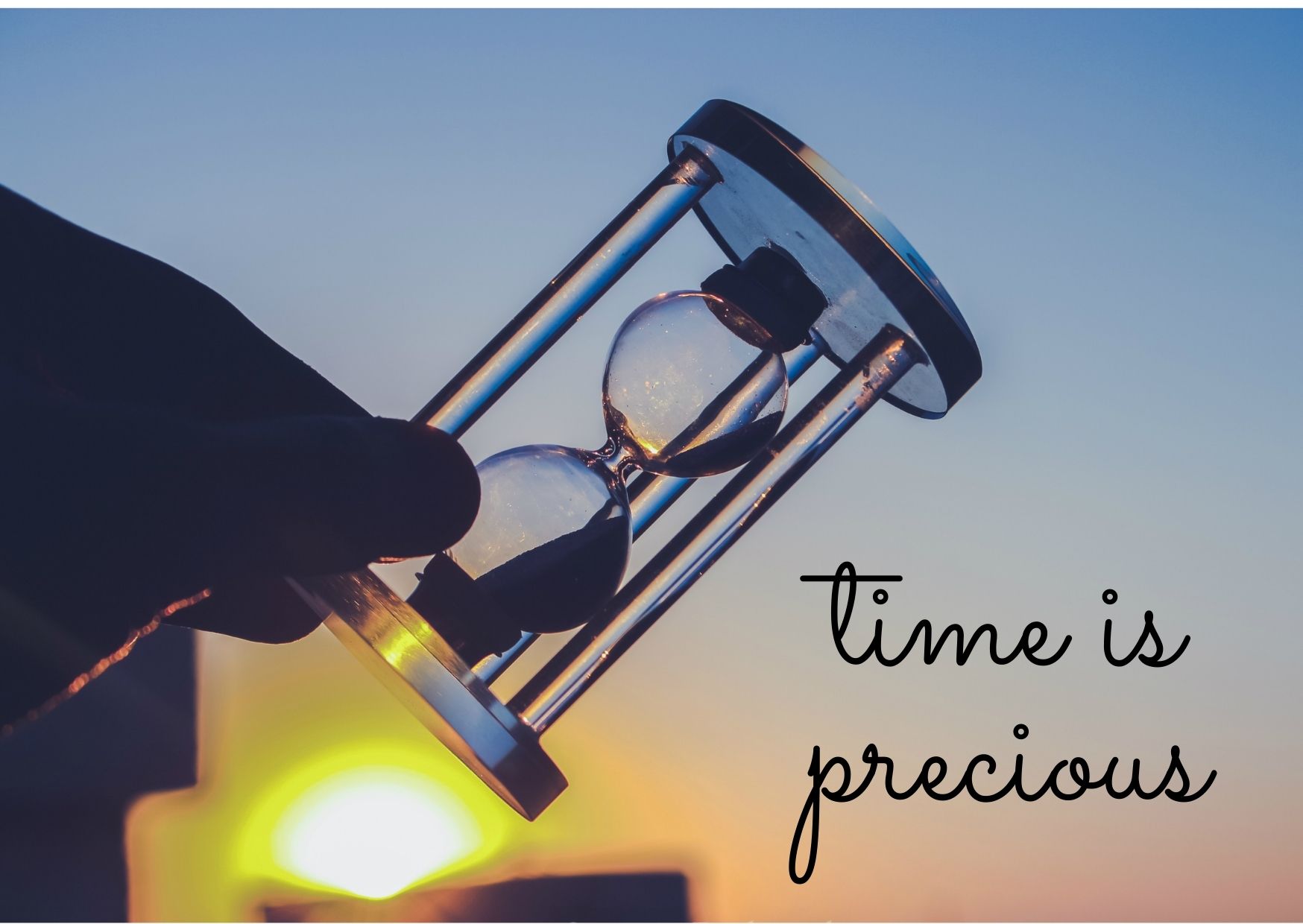
‘Somoy choliya jaye, nodir sroter praye, je jon na buje, tare dhik soto dhik' is a proverb in Bangla that means that 'time and tide waits for none and the ones who do not realize its importance should be ashamed of it'.
Bengal is not just known for being a Land of sweets, it is also a land of festivals. ‘Baro mashe tyaro parbon’ means a land where 13 festivals are celebrated within 12 months per year. The clock of seasons brings colourful times, teaching its importance while keeping lively hearts, positive attitude, and welcoming gestures.
Let’s understand how we follow time in Bangla:
Time-related vocabulary and phrases
ENGLISH - Bangla
Time Somoy
Hour Ghonta
Morning Sokal
Afternoon Dupur
Evening Bikal
What time is it? Ekhon koto somoy holo?
What’s the time? Ekhon kota baje?
If the time is on the hour
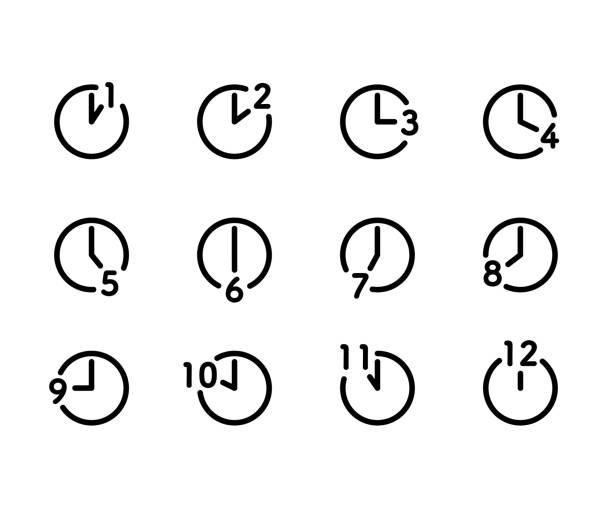
English to Bangla
t’s one o’clock - Ekhon Ek ta baje
It’s two o’clock - Ekhon Du to Baje
It’s three o’clock - Ekhon teen te baje
It’s four o’clock - Ekhon char te baje
It’s five o’clock - Ekhon Panch ta baje
It’s six o’clock - Ekhon Chau ta baje
It’s seven o’clock - Ekhon Sat ta baje
It’s eight o’clock - Ekhon Aath ta baje
It’s nine o’clock - Ekhon Nau ta baje
It’s ten o’clock - Ekhon Dosh ta baje
It’s eleven o’clock - Ekhon Aigaro ta baje
It’s twelve o’clock - Ekhon baro ta baje
Hours+minutes in Bengali

If dealing with the first half of the Hour like 9.05, we will say ekhon Nau ta beje panch holo
If dealing with the second half of the Hour like 3.55, we will say ekhon teen te beje ponchanno baje
Use of half-past, quarter-past, and quarter to in Bengali
Quarter past is called as Soa, Quarter to is Poune and something 30 is called sare as shown below.
| English time example in | example | in Bengali |
| Half-past | 4.30 | Sare Char |
| Quarter-past | 5.15 will be | Soa Panchta |
| Quarter-to | 6.45 will be | Poune sat ta |
The exceptions are 1:30 and 2:30 and they are called derh ta and ahrahite respectively.
The First half an hour is called Shurur Aadh Ghonta and the Second half an hour will be shesher Aadh ghonta.
Points to remember
There is an exception for saying 1.30 and 2.30 in (Bengali). For 1.30 we use Der ta and for 2.30 we use the term Aah rai te The Twelve-Hour Clock – Due to the prevalence of the twelve-hour clock in India rather than the twenty-four-hour clock, (Bengali) as well use the phase of the day to describe the hour rather than am or pm.
For instance:
5 p.m. would be expressed as Bikel Panchta
6 a.m. would be expressed as Sokal Chau ta
2 p.m. would be expressed as Dupur Du to
Working perfectly on time needs practice, perseverance, and patience while knowing the time in the vernacular languages greatly helps in unfamiliar or novel places. India having geographical variations dictates the exact time as per its direction. For e.g. West Bengal, Tripura, Assam, and Sikkim being the East of the country witnesses the Sun when it is at its dawn, faster than Gujarat, Maharashtra, and Rajasthan in the West, which is lucky to view the beautiful dusk post half past 6 in the evening. Hence nature might take a little longer to absorb complete darkness pan country /subcontinent but the earth rotates on its axis on time.
We observed and found the nouns are similar in Bangla to Hindi like Ek, Du, Teen, char, Panch, etc however there is an adverb added after every noun like ek (noun) ta, du (to), teen (te), panch(ta), so on and so forth. The only differences lie within pronunciation in the adjectives before the nouns like Paune sat in Hindi is Poune Sat ta in Bangla, Sawa Panch is Soa Panchta, Sare Aath is Sare Aath ta so on and so forth. So here we come with our enthusiastic approach towards learning and telling Time in Bangla.
 To become fluent in Bengali knowing how to tell the time alone is not enough. It is important that you have a complete learning plan with the vocabulary, simple grammar explanations speaking practice and Language Curry offers you all this under one learning umbrella!
To become fluent in Bengali knowing how to tell the time alone is not enough. It is important that you have a complete learning plan with the vocabulary, simple grammar explanations speaking practice and Language Curry offers you all this under one learning umbrella!
Language Curry is an app you can trust for language learning. It provides the most relevant Bengali words and phrases voiced out by native speakers, so you won't have to waste time learning unimportant ones. The "Time" and “Number and Denomination” tab in the Vocab section will help you gain a better understanding of how to tell the time in Tamil by giving you phrases and examples. Most of all, learn conveniently because, with Language Curry App, you don't have to be worried about strict schedules. You can learn anywhere and anytime you want!
Cover image: Town Clock, Kolkata, West Bengal


